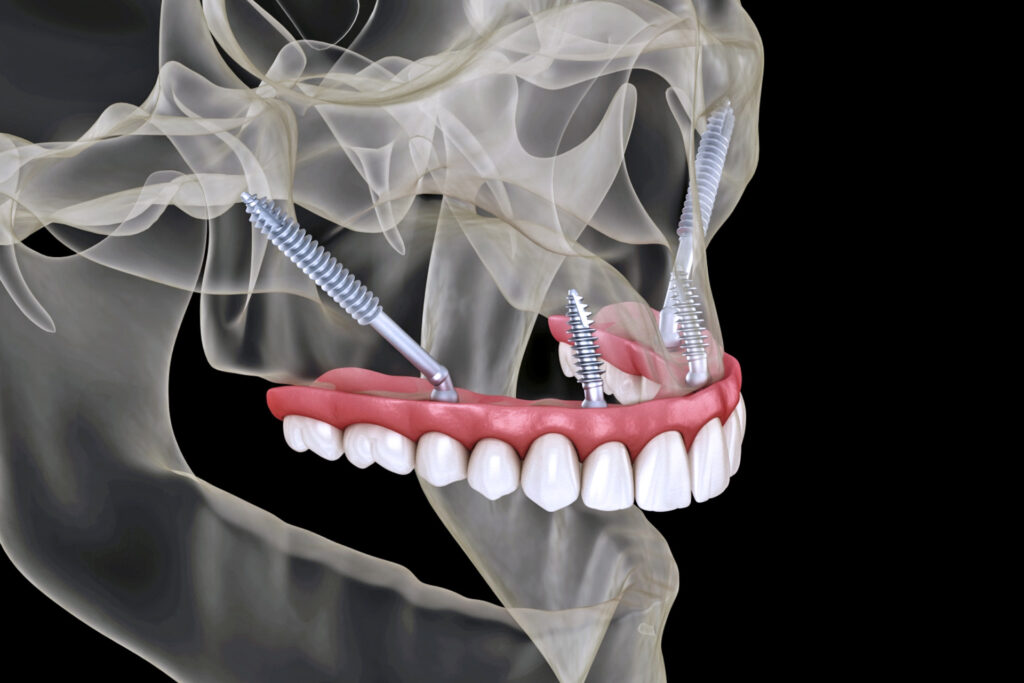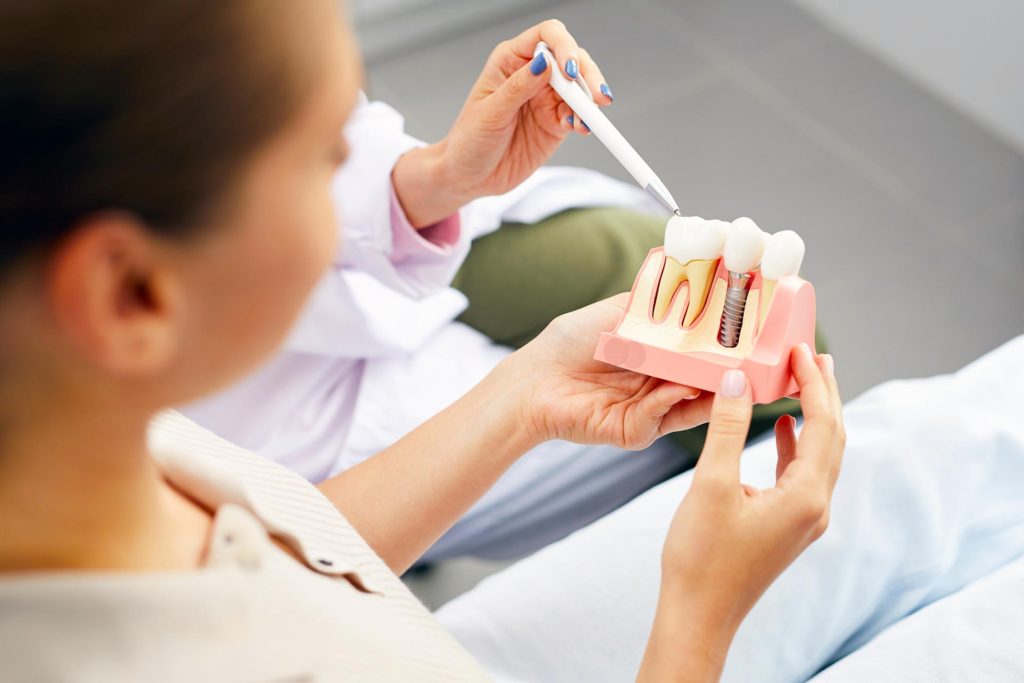
Composite bonding is a low-cost and effective cosmetic dental treatment used to improve the shape or color of teeth. Composite bonding treatment is a combination of science and art.
In composite bonding, the tooth surface must be prepared for the application of filling material. For this, the tooth surface is slightly abraded. Composite resin material is used in composite bonding. After the resin is molded and set in place, it integrates seamlessly with the real teeth.
Broken, small, gapped, chipped and misaligned teeth are suitable for composite bonding treatment.
The cost of composite bonding varies depending on the location of the teeth, the experience of the dentist and the extent of the treatment. Turkey is one of the popular destinations for low-cost dental treatment. As with most cosmetic dentistry treatments, it is possible to access high quality services at low costs in Turkey for composite bonding.
As with any cosmetic dental treatment, the cost of composite bonding in Turkey is lower than in many countries around the world. The average cost of composite bonding is between £110 and £150 per tooth. This cost includes consultation, examination and dental x-rays. The total cost may be more or less depending on the extent of the treatment.
Composite bonding lasts between 5 and 7 years with proper care. It should be noted that composite resin is not as resistant to breakage and staining as real teeth. It is possible to use it for up to 10 years thanks to oral hygiene practices, dietary habits and regular dental check-ups.
In order to protect the teeth treated with composite resin, tea, coffee and smoking should be reduced, nails and chewing hard objects should be avoided. In addition, regular visits to the dentist should be made at regular intervals for regular control and cleaning of the teeth.
Composite bonding treatment is a relatively simple procedure. The composite bonding procedure takes between 30 and 60 minutes for each tooth. In most cases, anesthesia is not necessary.
Patients with certain problems, such as gum disease and severe decay, are not suitable for composite bonding. These diseases must be treated first. Composite bonding is an excellent option for patients with minor dental problems. It is possible to achieve transformative results at much lower prices compared to dental veneers and dental crowns.





